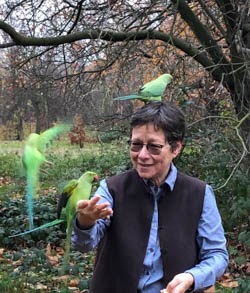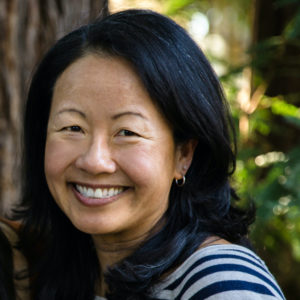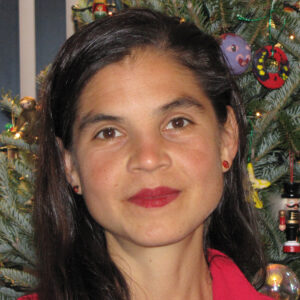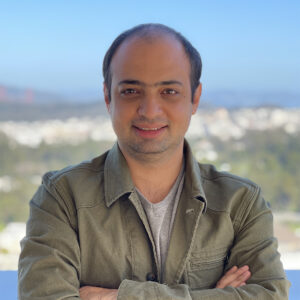Indigenous and Traditional Healing
UCSC is located on the unceded territory of the Awaswas-speaking Uypi Tribe. The Amah Mutsun Tribal Band, comprised of the descendants of indigenous people taken to missions Santa Cruz and San Juan Bautista during Spanish colonization of the Central Coast, is today working hard to restore traditional stewardship practices on these lands and heal from historical trauma. (Amah Mutsun Tribal Band Land Acknowledgement used with permission by UC Santa Cruz).
Indigenous and Traditional Healing remains central to communities and movements worldwide. While Indigenous and Traditional Healing are sometimes considered the same, our wide-ranging research considers relationships and nuances between the two. By Indigenous Healing, we refer to healing knowledge and practices cultivated by Indigenous/First Nations/Native populations worldwide, while Traditional Healing encompasses Indigenous Healing as well as the healing knowledge of diasporic, refugee, displaced, and other historically-oppressed populations.
While Indigenous and Traditional Healing are diverse and global, they emphasize relational understandings of health and healing. This includes understanding the mind, body, and Spirit/spirit as interconnected, honoring ancestors, and centering ecological health as well as “more-than-human” life. Indigenous and Traditional Healing bridge social and ecological knowledge, such that the wellbeing of people and the planet are deeply intertwined. These epistemologies or “ways of knowing” counter dominant assumptions in Western medicine related to health and healing, the body and community. Indigenous and Traditional Healing involve relational cosmologies (philosophies of the universe) and methodologies (ways of gathering information). We understand Indigenous and Traditional Healing as dynamic rather than static. In everyday lives, this knowledge may be practiced alongside other forms of medicine, including Western biomedicine.
Historically, Western scientific research on Indigenous and Traditional Healing was rooted in colonialism and extraction. Traditional and Indigenous Healing has been systemically and often violently suppressed across global contexts. In the contemporary moment, Indigenous and Traditional Healing continues to navigate legacies of colonialism and the impacts of climate change. Climate change compromises land, plants, water, animals, and relationships between them that are central to Indigenous and Traditional Healing.
As researchers from interdisciplinary fields, we study the practices, discourse, and histories of Indigenous and Traditional Healing; work collaboratively with communities to foster care and good relations, practice accountability to relations, and archive knowledge; center research carried out by communities themselves; and support communities in their work to fight climate change, resource extractivism, and biopiracy of Indigenous and Traditional knowledges. Our work involves multiple social, temporal and physical scales. We critically consider colonial legacies and contemporary context using a range of methods.
Note: In some cases our work is autoethnographic, and we are working closely with communities with whom we identify. No matter the context, we address power dynamics and center community knowledge. We aspire to practice solidarity, with the understanding that as researchers we are not in a position to not declare whether or not our work is indeed in solidarity. We use the words “Traditional” and “Indigenous” here because they are ones used by communities with whom we work; other language may be used in other contexts.
Some of our research themes include:
- Food sovereignty and agroecology
- Indigenous knowledge and stewardship
- Holistic approaches to neuroscience research
- Theorizing relation and “more-than-human life”
- Indigenous and Traditional epistemologies of health and healing
- Community-led movements to archive, sustain, and reclaim medicinal plant knowledge
- Autoethnography and arts-based methods
- Agrobiodiversity/seeds and “nourishment”
- Black ecologies and the plantationocene
- Healing justice among Black, Indigenous, and People of Color
- Indigenous technologies and technology/data sovereignty
Links:
American Indian Resource Center
Agroecology Research-Action Collective
Global Environmental Justice Journal
People of Color Sustainability Collective
Faculty






